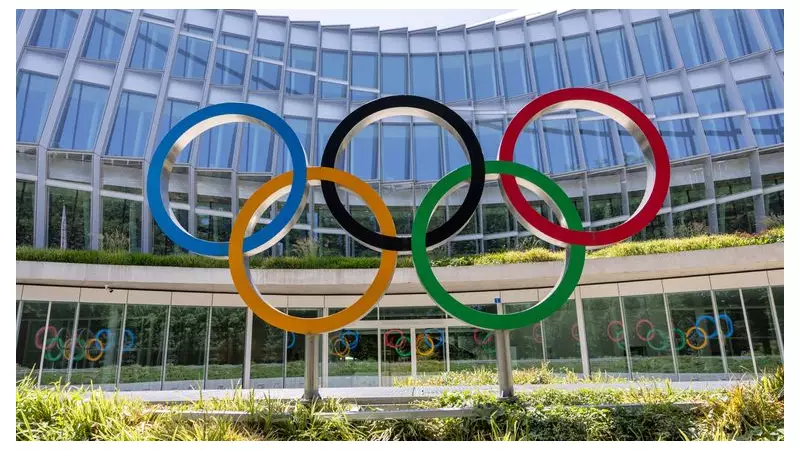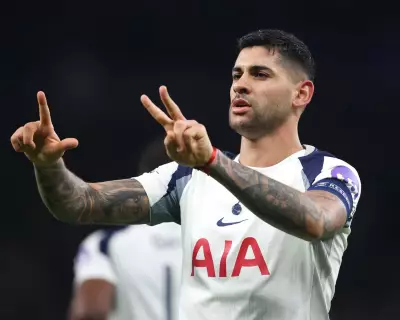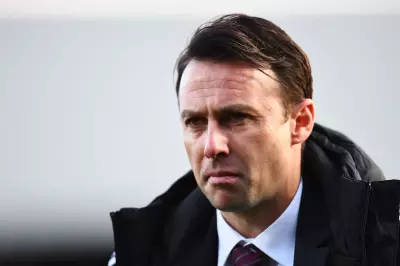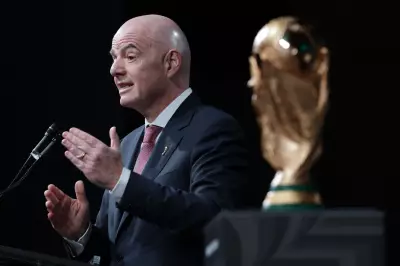
In a dramatic turn of events that has sent shockwaves through the world of competitive gaming, the International Olympic Committee and Saudi Arabia have mutually agreed to terminate their groundbreaking 12-year esports partnership years ahead of schedule.
The surprise announcement comes just months after the landmark deal was first unveiled, which had positioned Saudi Arabia as the principal partner for Olympic-esports events through 2026. The partnership was widely seen as a major step toward legitimising esports within the traditional Olympic framework.
Questions Surrounding the Sudden Split
While both parties have described the separation as amicable, the abrupt nature of the decision has raised eyebrows across the sporting world. The original agreement, signed with much fanfare, had envisioned Saudi Arabia playing a central role in developing the Olympic Virtual Series and establishing a dedicated esports strategy.
The termination leaves a significant void in the IOC's esports ambitions, particularly as the organisation had been increasingly embracing virtual sports to engage younger audiences. Saudi Arabia, through its Savvy Games Group, had committed substantial resources to becoming a global hub for competitive gaming.
What This Means for Esports' Olympic Future
The dissolution of this high-profile partnership raises crucial questions about the relationship between traditional sports bodies and the rapidly evolving esports landscape. Many industry observers had seen the Saudi-IOC deal as a potential blueprint for future collaborations between established sporting institutions and the gaming world.
Both organisations have indicated they will continue to pursue their esports objectives independently. The IOC maintains its commitment to virtual sports, while Saudi Arabia continues its aggressive investment in gaming through its Vision 2030 economic diversification plan.
This unexpected development comes at a pivotal moment for esports, as the industry navigates questions of governance, recognition, and integration with traditional sporting structures. The coming months will reveal how both parties adapt their strategies following this surprising separation.





